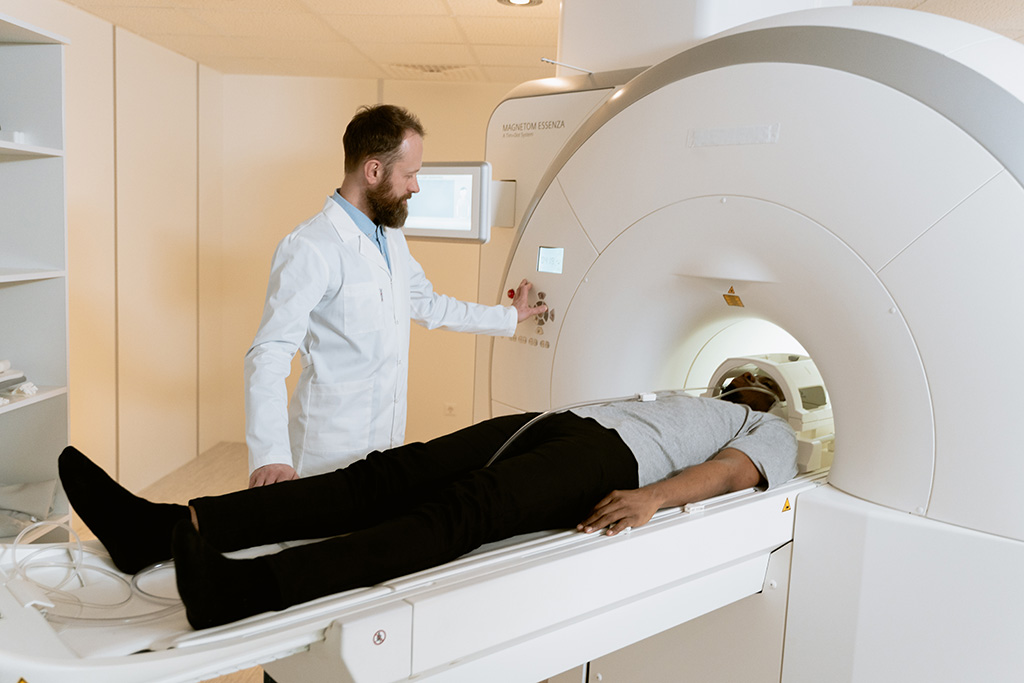Artificial Intelligence (AI) Tool Detects Pancreatic Cancer on CT
Posted on 14 Sep 2022
Pancreatic cancer has the lowest five-year survival rate among cancers. It is projected to become the second leading cause of cancer death in the U.S. by 2030. Early detection is the best way to improve the dismal outlook, as prognosis worsens significantly once the tumor grows beyond two centimeters. Computed tomography (CT) is the key imaging method for detection of pancreatic cancer, but it misses about 40% of tumors under two centimeters. There is an urgent need for an effective tool to help radiologists in improving pancreatic cancer detection. Now, a new study has found an artificial intelligence (AI) tool to be highly effective at detecting pancreatic cancer on CT.
Researchers at the National Taiwan University (Taipei, Taiwan) have been studying a computer-aided detection (CAD) tool that uses a type of AI called deep learning to detect pancreatic cancer. They previously showed that the tool could accurately distinguish pancreatic cancer from noncancerous pancreas. However, that study relied on radiologists manually identifying the pancreas on imaging - a labor-intensive process known as segmentation. In the new study, the AI tool identified the pancreas automatically. This is an important advance considering that the pancreas borders multiple organs and structures and varies widely in shape and size.

The researchers developed the tool with an internal test set consisting of 546 patients with pancreatic cancer and 733 control participants. The tool achieved 90% sensitivity and 96% specificity in the internal test set. Validation followed with a set of 1,473 individual CT exams from institutions throughout Taiwan. The tool achieved 90% sensitivity and 93% specificity in distinguishing pancreatic cancer from controls in that set. Sensitivity for detecting pancreatic cancers less than two centimeters was 75%. The CAD tool has the potential to provide a wealth of information to assist clinicians, according to the researchers and could indicate the region of suspicion to speed radiologist interpretation. The researchers are planning further studies. In particular, they want to look at the tool's performance in more diverse populations. Since the current study was retrospective, they want to see how it performs going forward in real-world clinical settings.
"The performance of the deep learning tool seemed on par with that of radiologists," said study senior author Weichung Wang, Ph.D., professor at National Taiwan University and director of the university's MeDA Lab. "Specifically, in this study, the sensitivity of the deep learning computer-aided detection tool for pancreatic cancer was comparable with that of radiologists in a tertiary referral center regardless of tumor size and stage."
"The CAD tool may serve as a supplement for radiologists to enhance the detection of pancreatic cancer," said the study's co-senior author, Wei-Chi Liao, M.D., Ph.D., from National Taiwan University and National Taiwan University Hospital.
Related Links:
National Taiwan University













